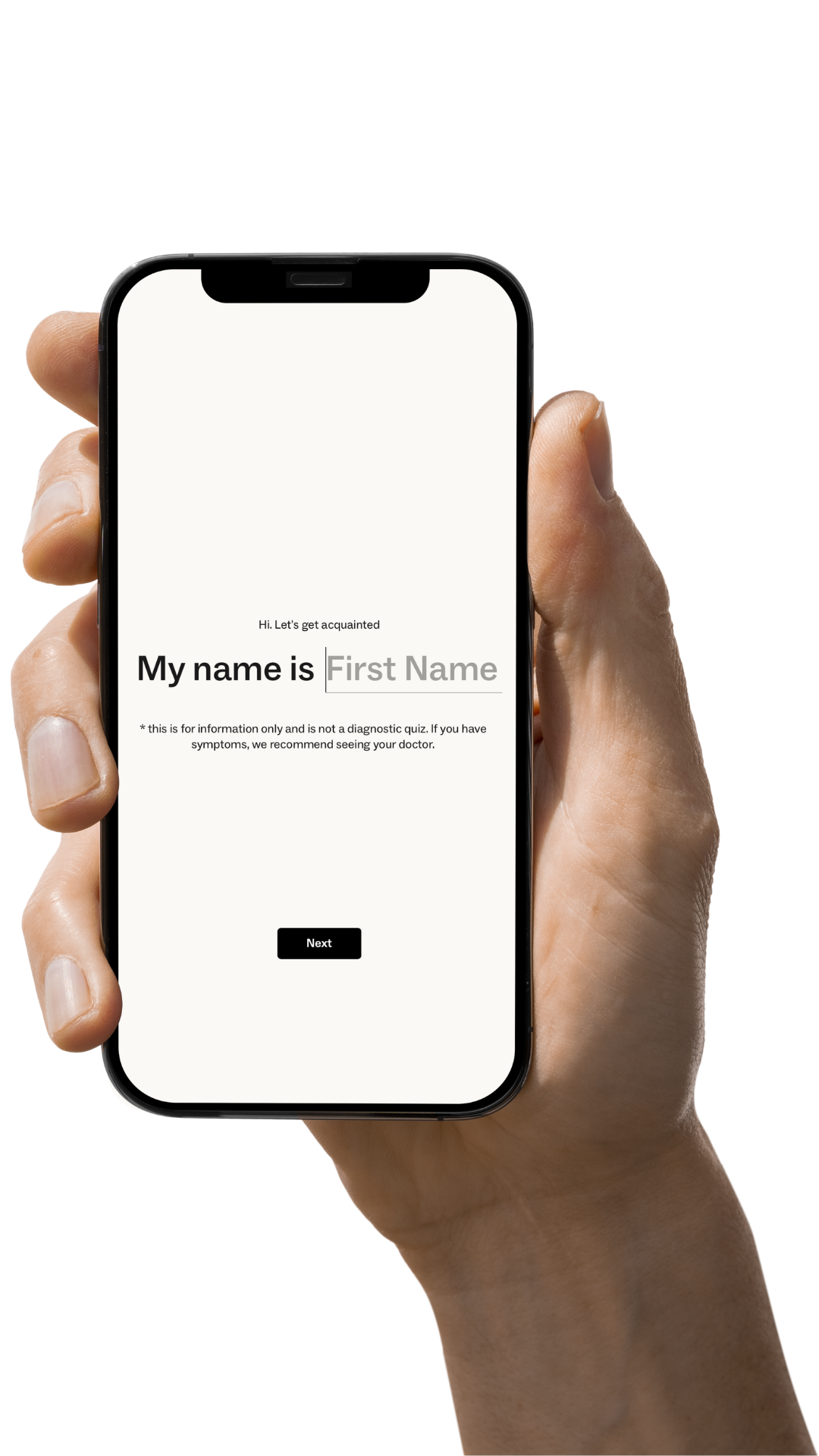Pro-metabolic nutrition promises to restore youthful metabolic function, balanced hormones, and daily trips to the bathroom for blissful number 2's. In this article, we'll learn the basic framework of pro-metabolic nutrition, and look at some practical ways to get started healing and restoring your best body, sustainably.

|
DOES THIS SOUND LIKE YOU?
|
If you've nodded you head to one or more of these, then I invite you to read on. I'm going to take you on a short but powerful journey to help you understand the basics of pro-metabolic nutrition and how you can influence the look, feel, and biological age of your body with simple food choices, good sleep, and some physical exercise.
The Science of pro-metabolic Nutrition
Ageing is the process of physiological decline. Physiology means how your body works. It describes everything from your basic bodily functions, to how systems of organs and structures work together and are put together.
Anti-ageing therefore, is the resistance of the decline of your functions, systems, organs and physical structure.
For example, strength training done properly is powerfully anti-ageing (pro-metabolic) because it helps to build bone, muscle, connective tissue and improves your co-ordination and balance.
Pro-metabolic nutrition specifically combines the science of physiology with the art of integrating this science seamlessly into your daily life.
When coaching my pro-metabolic clients, there are 2 main things to consider:
- Can they follow this path long term? Is it sustainable?
- Will this path improve their physiology? (their function and structure - ie. will they look and feel better?)
Sustainability combined with effectiveness is the most important consideration when it comes to anything physiology related.
We've probably all done those 8 weeks challenges, going bull-at-a-gate for those 8 weeks, putting our life on hold whilst we lost fat, gained muscle and lost our marbles temporarily also. Once the 8 weeks were up and we looked terrific, we also all said, "I don't care what it takes, I'm keeping these results."
But we didn't.
8 weeks challenges are unsustainable
The reason is that unsustainable behaviours, like putting your life on hold whilst you get lean, always ultimately lead to physiological failure (a failure to keep most of your results) - albeit not a complete one, given your outstanding mental experience in committing to a goal, and exercise technique improvements you hopefully made.
Committing to a goal is great.
However, you also require a "system" that when followed, meets the needs of your goal. Your system is the set of techniques, behaviours and process, organised in a way that if the system is repeated often enough, it inevitably leads to your goal.
Enter pro-metabolic nutrition, and it's long term approach to the long term problem of health, looking and feeling your best, and longevity.
The basics of pro-metabolic nutrition are concerned with improving your metabolism, function and structure - a fancy way to say, that pro-metabolic nutrition focuses on helping your energy, digestion, sleep, hormones, and organs like your skin, muscles and bones all function at their absolute best.
If you're improving those aspects of your physiology, then you are anti-ageing.
How Do I Get Started on Pro-Metabolic Nutrition?
Pro-metabolic nutrition improves the function and structure of your body - in other words, the look and feel of your body.
Without going into too much detail (I'll save that for a different article), here are the basic parts to getting your daily nutrition routine more pro-metabolic:
- Reduce your polyunsaturated fat exposure (PUFAs: easily per-oxidised fats leading to cell damage and inflammation 1, 2 ). This means minimising your intake of vegetable/seed oil, nuts, and seeds.
- Use saturated and mono-unsaturated fats such as coconut oil, extra virgin olive oil and grass-fed animal fats like ghee, butter, cream and milk.
- Eat nutrient-dense sources of carbohydrates such as fruit (particularly ripe tropical fruit like melon and papaya), raw honey, quality dairy and root vegetables like sweet potato, beetroot, carrot and pumpkin (technically a fruit!).
- Balance your intake of protein by eating collagen and gelatin every day. Collagen and gelatin are "special" foods because they have very high amounts of glycine, and almost no methionine. Methionine restriction via high glycine intake and less reliance on muscle meat for your protein is powerfully anti-ageing (3).
- Balance your blood sugar by eating a balanced meal of some protein, fats and carbs. A "function first" approach whereby your focus is on giving your body the energy and nutrients it needs to restore itself to its proper function is an excellent baseline strategy. This means ensuring adequate blood sugar levels, delivered from food, at breakfast, lunch and dinner. When blood sugar is balanced correctly, you'll rely less on degenerative hormones, and rely more on regenerative hormones, making healing and repair (ie. anti-ageing) far easier.
- Eat easily digestible food that is simple, high quality, seasonal, and prepared well. This likely means reducing your raw vegetable intake, preparing your food properly, and making simple meals with few ingredients rather than more.


